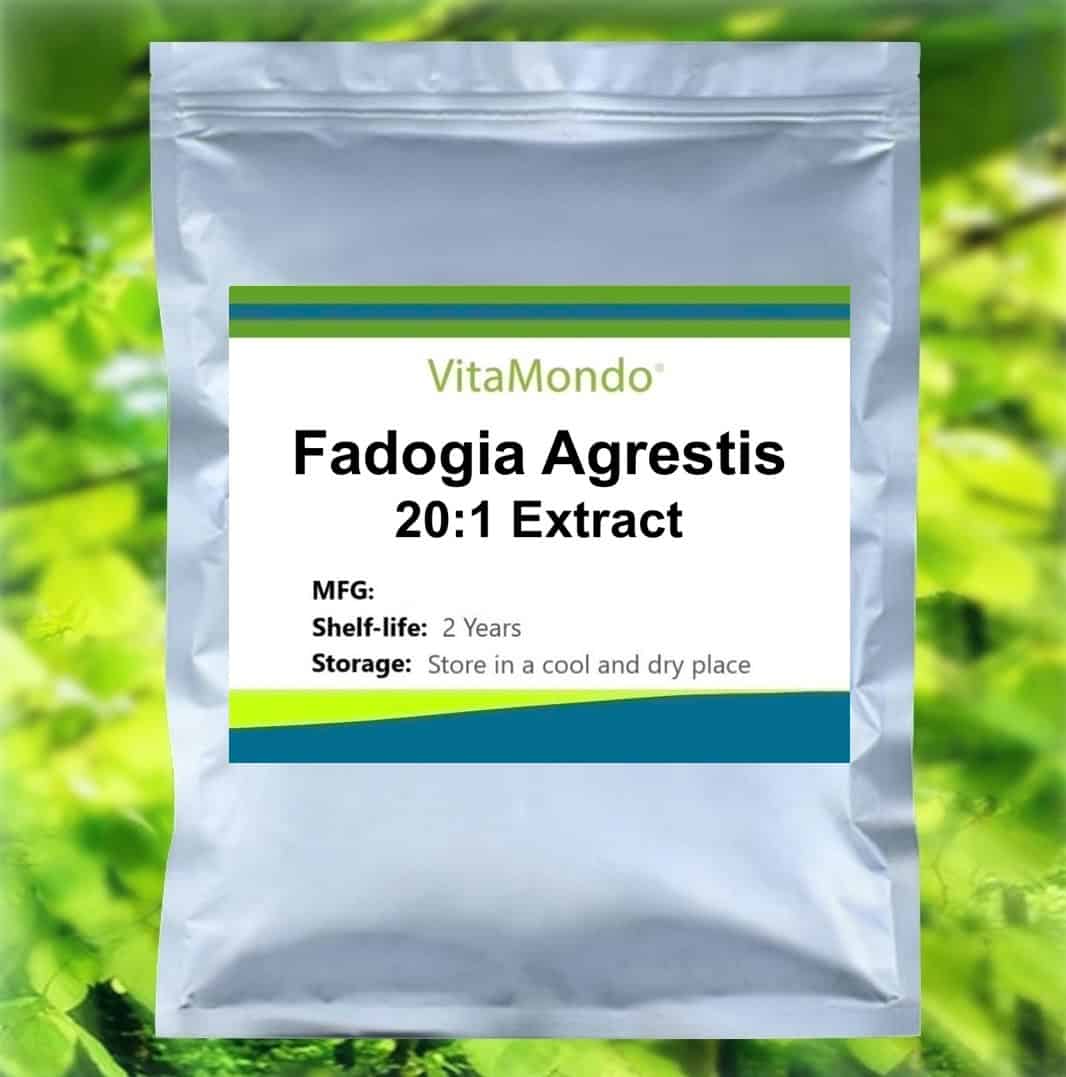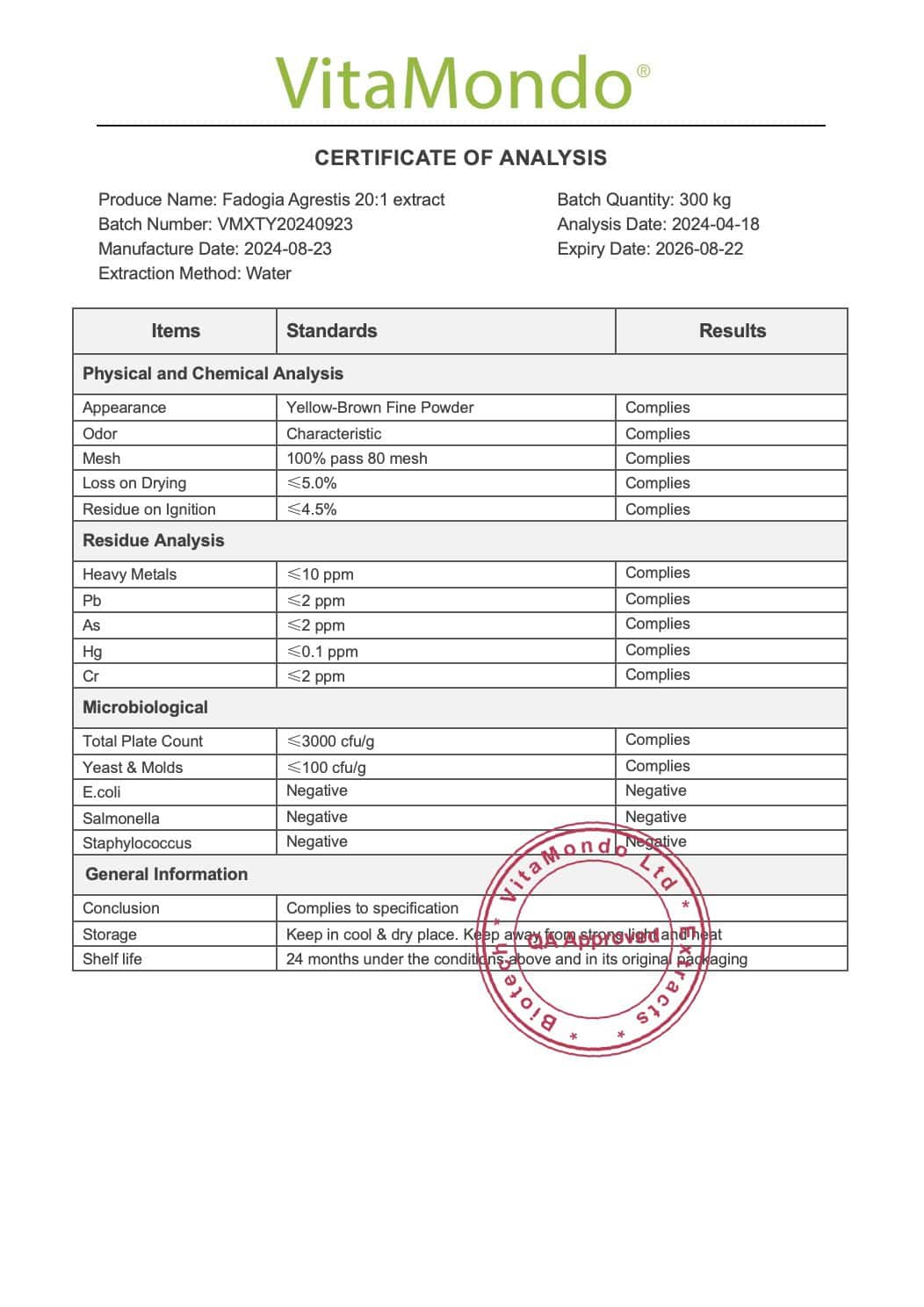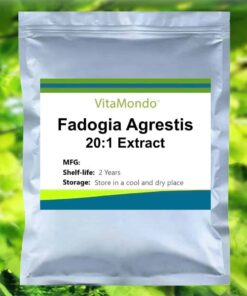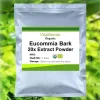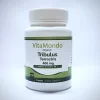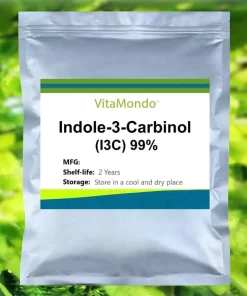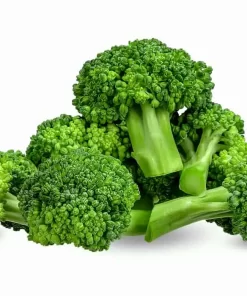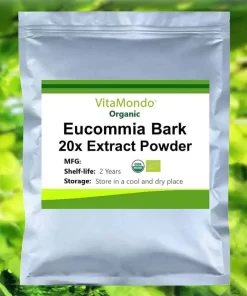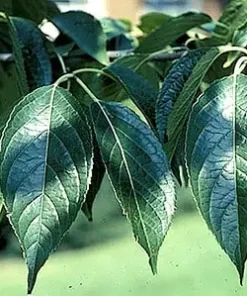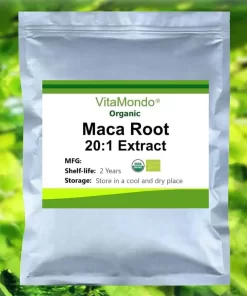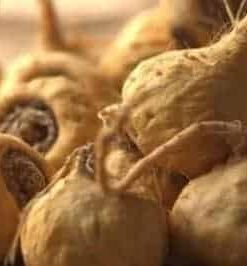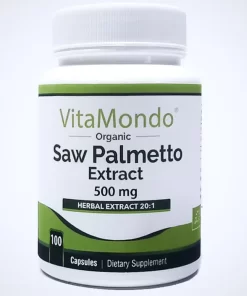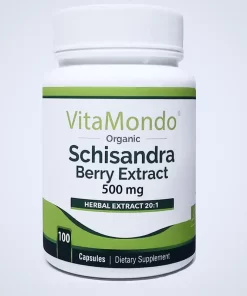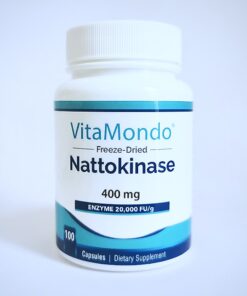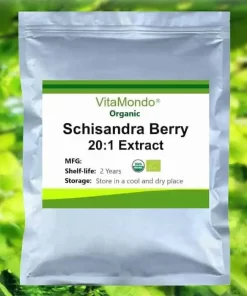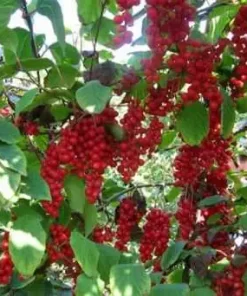Fadogia Agrestis Extract Powder: 100g–1kg – Vitality & Athletic Support
$23.43 – $89.32Price range: $23.43 through $89.32
Fadogia Agrestis Extract Powder
Fadogia agrestis is a shrub native to Nigeria and other parts of West Africa. It has a long history of use in traditional African wellness practices, where it has been valued for promoting vitality and overall well-being. More recently, it has gained attention worldwide as a botanical ingredient of interest for those focused on active lifestyles, balance, and performance.
Our extract is made at a 20:1 strength, providing a concentrated form of the plant’s natural compounds.
Key Benefits
-
Traditional Vitality Tonic – Long used in West African herbal traditions to help maintain energy, resilience, and overall male well-being.
-
Botanical Support for Active Lifestyles – Popular among those who engage in regular training or physically demanding work.
-
Male Wellness – Traditionally associated with supporting healthy stamina and vitality in men.
-
Plant-Derived Phytonutrients – Naturally contains a range of bioactive plant compounds.
Suggested Use
Take 400–800 mg daily (1–2 scoops), ideally divided into one or two servings, or as advised by a qualified professional.
Ingredients
Fadogia Agrestis Extract. 20:1 strength.
Suggestions
A few products with some similarities are Epimedium, Eucommia, Turkesterone, Tribulus Terrestris, Okra Oyster, Cistanche, Maca Root, Butea Superba, and Tongkat.
Disclaimer
The various effects are not guaranteed and results may vary due to several factors between different people.
We strive to ensure the accuracy of the information provided by the manufacturers and recommend that you read all labels and warnings. However, the information is not a substitute for, nor does it replace, professional medical advice, diagnosis, or treatment.
Shipping
We are proud to offer international shipping services that currently operate in over 100 countries and islands worldwide.
How do you ship packages?
Packages are shipped by various shippers on the weight and size of the product For more information, see our Shipping & Delivery link at the bottom of any page.
Do you ship worldwide?
Yes. We provide free shipping to over 100+ countries around the world. However, there are some locations we are unable to ship to. If you happen to be located in one of those countries we will contact you.
What about customs?
We are not responsible for any custom fees once the items have shipped. By purchasing our products, you consent that one or more packages may be shipped to you and may get custom fees when they arrive to your country. However, please note that we charge the VAT now for a number of countries in advance, which means you do not need to pay this when the parcel arrive.
How long does shipping take?
Shipping time varies by location. These are our estimates:
| Location | *Estimated Shipping Time |
| United States | 7-28 Business days |
| Canada, Europe | 7-28 Business days |
| Australia, New Zealand | 7-28 Business days |
| Central & South America | 12-35 Business days |
| Asia | 12-35 Business days |
| Africa | 12-40 Business days |
*This doesn’t include our 2-5 day processing time.
Do you provide tracking information?
Yes, you will receive an email once your order ships that contains your tracking information. If you haven’t received tracking info within 5 days, please contact us.
My tracking says “no information available at the moment”.
For some shipping companies, it takes 2-5 business days for the tracking information to update on the system. If your order was placed more than 5 business days ago and there is still no information on your tracking number, please contact us.
Will my items be sent in one package?
For logistical reasons, items in the same purchase will sometimes be sent in separate packages, even if you’ve specified combined shipping.
If you have any other questions, please contact us and we will do our best to help you out.
RETURNS
Order cancellation
All orders can be cancelled until they are shipped. If your order has been paid and you need to make a change or cancel an order, you must contact us within 12 hours. Once the packaging and shipping process has started, it can no longer be cancelled.
Refunds
Your satisfaction is our #1 priority. Therefore, you can request a refund or reshipment for ordered products if:
- If you did not receive the product within the guaranteed time( 45 days not including 2-5 day processing) you can request a refund or a reshipment.
- If you received the wrong item you can request a refund or a reshipment.
- If you do not want the product you’ve received you may request a refund but you must return the item at your expense and the item must be unused.
We do not issue the refund if:
- Your order did not arrive due to factors within your control (i.e. providing the wrong shipping address)
- Your order did not arrive due to exceptional circumstances outside the control of VitaMondo (i.e. not cleared by customs, delayed by a natural disaster).
- Other exceptional circumstances outside the control of
*You can submit refund requests within 15 days after the guaranteed period for delivery (45 days) has expired. You can do it by sending a message on Contact Us page
If you are approved for a refund, then your refund will be processed, and a credit will automatically be applied to your credit card or original method of payment, within 14 days.
Exchanges
If for any reason you would like to exchange your product, perhaps for a different size in clothing. You must contact us first and we will guide you through the steps.
Please do not send your purchase back to us unless we authorise you to do so.
Related products
Fitness & Bodybuilding
Organic Tribulus Terrestris Extract: 100g–1kg – Vitality & Performance Support
Longevity & Anti-Aging
Premium Indole-3-Carbinol (I3C) 99%: 100g–500g – Cellular & Hormonal Health
Heart & Circulatory System
Organic Eucommia Bark Extract Powder: 100g–1kg – Joint & Wellness Support
Fitness & Bodybuilding
Organic Maca Root Extract Powder: 100g-1kg – Energy, Vitality
Heart & Circulatory System
Organic Saw Palmetto 500mg – 100 Capsules – Prostate & Hair Support
Heart & Circulatory System
Freeze-Dried Nattokinase 20,000 FU * 400mg × 100 Caps – Vascular Support

